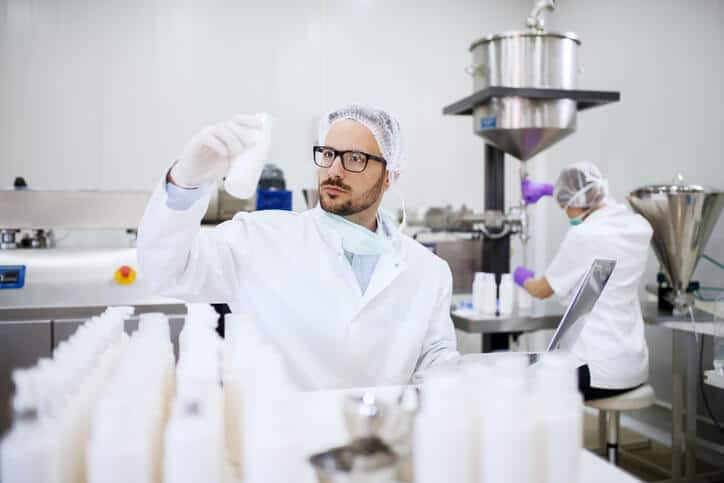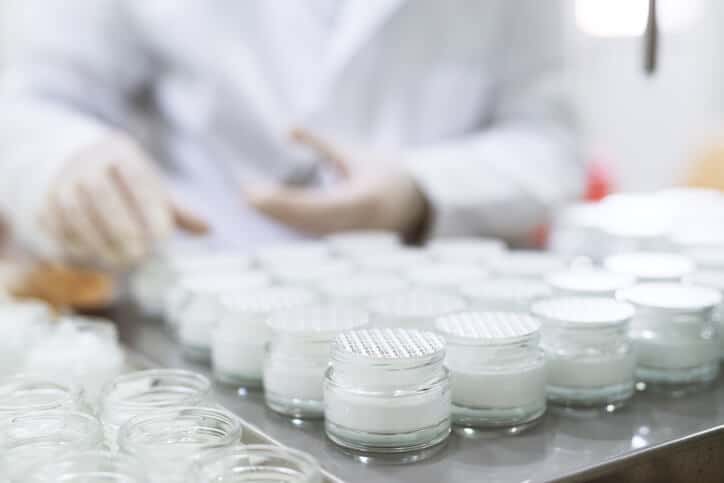The cosmetic industry is a booming global industry worth billions of dollars, with an extensive range of products, including makeup, skincare, fragrances, and hair care. According to Statista, there are over 2500 cosmetics stores in the country, and the Canadian cosmetics market is expected to grow to roughly 1.7 billion dollars by 2027.
Having said that, regulating cosmetic products is a complicated process, with several regional and international regulatory bodies enforcing strict rules and guidelines to ensure product safety and efficacy. These guidelines ensure that companies comply with regulations and standards, and regulatory affairs professionals have been tasked with enforcing and monitoring compliance. In this blog, we will explore the importance of regulatory affairs in the cosmetic industry.
Ensuring Product Safety in Regulatory Affairs
Regulatory affairs are the procedures and processes to ensure that cosmetic products comply with relevant laws and regulations. Safety is a paramount concern in the cosmetic industry since the products are applied to the skin, hair, and other body parts and can be easily absorbed by the body.
Regulatory agencies, such as the FDA, have strict guidelines on the use of cosmetic ingredients, and regulatory affairs enforce these guidelines. In Canada, cosmetics must be manufactured, prepared, preserved, packed, and stored under sanitary conditions, per The Cosmetic Regulations and the Food and Drugs Act.

Regulatory affairs ensure that cosmetic products are safe for use.
Maintaining Quality Standards in Regulatory Affairs
Regulatory affairs also ensure that cosmetic products are of the required quality. This includes ensuring that the ingredients used meet the required standard and that the manufacturing processes adhere to good manufacturing practices (GMP). Quality control measures, such as batch testing, stability testing, and microbial testing, are essential to regulatory affairs.
Accurate Labelling and Marketing in Regulatory Affairs
Ensuring that cosmetic products are accurately labelled and marketed is also a major responsibility of regulatory affairs. Labels must contain specific information, including the product’s name, ingredients, usage instructions, and any warnings or precautions.
This information is vital for consumers to make informed decisions when purchasing and using cosmetic products. Regulatory affairs ensure that this information is accurate and truthful and that any claims made are substantiated by scientific evidence.

Regulatory affairs verify that cosmetic products are correctly labelled.
Environmental Sustainability in Regulatory Affairs
Regulatory affairs are vital in ensuring that cosmetic products are environmentally friendly. Many cosmetic products contain ingredients that can harm the environment, and regulatory agencies have set guidelines on using such ingredients. Regulatory affairs ensure that companies comply with these guidelines and that any environmental claims about products are truthful and supported by evidence.

Regulatory affairs professionals verify product quality.
Innovation and Competitiveness in Regulatory Affairs
Regulatory affairs are essential in ensuring the cosmetic industry remains competitive and innovative. Companies that comply with regulations can bring their products to market faster and more confidently. This enables them to focus on innovation and development, knowing that their products meet regulatory standards.
Regulatory affairs play an essential role in the cosmetic industry. It ensures that cosmetic products are safe for human use, of the required quality, accurately labelled and marketed, environmentally friendly, and innovative. As the cosmetic industry grows, regulatory affairs will play an increasingly important role in ensuring consumers access safe and effective cosmetic products. By equipping regulatory affairs professionals with consummate skills and knowledge to efficiently discharge their responsibilities, AAPS’ Quality Assurance and regulatory affairs program contributes to the viability and effectiveness of the regulatory affairs industry in Canada.
Are you interested in obtaining your regulatory affairs diploma?
Contact AAPS to learn how to get started.




